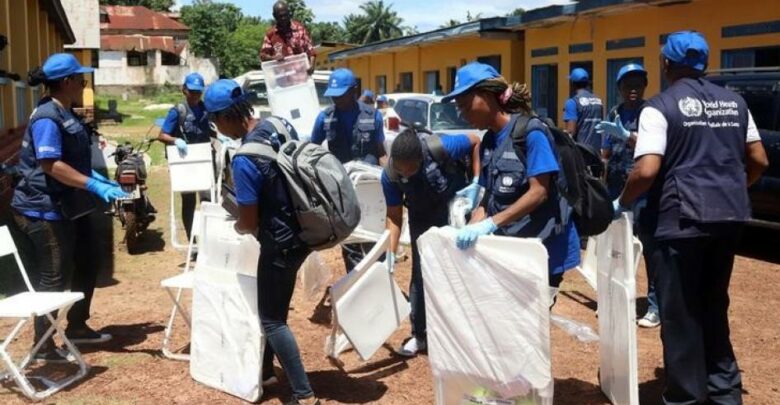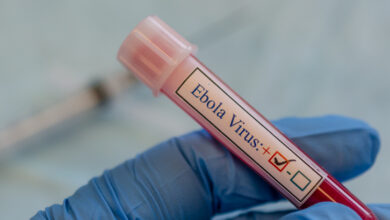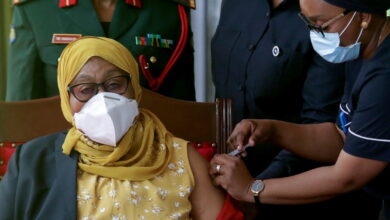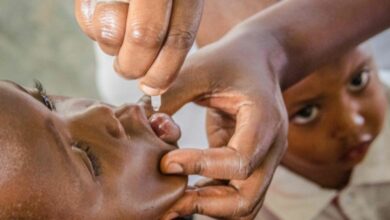
Tanzania on Friday declared an end to the deadly Marburg virus outbreak, more than two months after it was first confirmed in March this year, reported Reuters.
The World Health Organization (WHO) said in a statement that Tanzania reported nine cases, eight confirmed and one probable, and six deaths in the outbreak of hemorrhagic fever in the northwestern region of Kagera.
The statement added that the last confirmed Marburg case in the country tested negative on April 19, setting off the mandatory 42-day countdown to make the announcement. This was the first such outbreak in Tanzania, which is home to a population of almost 62 million.
Dr. Matshidiso Moeti, WHO Regional Director for Africa, said with more investments being made to prepare for and tackle health emergencies in the region, the UN health organization is in responding even faster and more effectively to save the lives of the people.
The WHO office in Tanzania was quick in deploying outbreak response experts to reinforce surveillance, testing, infection prevention and control, contact tracing, treatment, and community engagement in the affected areas. The WHO along with its partner organizations shipped nearly three tons of supplies of personal protective equipment and is also working with Tanzania’s health ministry to support survivors of the disease.
Dr Moeti said with all the efforts put in place, Tanzania has been able to end this outbreak and limit the potentially devastating impacts of a highly infectious disease.
Neighboring African countries were also put on high alert after the Marburg outbreak was announced in Tanzania. Uganda started compulsory Marburg virus testing in all the bordering areas. Kenya also heightened surveillance and urged its citizens to report if they experience any symptoms.
Some of the symptoms of the Marburg virus are severe fever, organ failure, and bleeding. No vaccines or anti-viral treatments have been officially approved to treat the Marburg virus infections so far.






